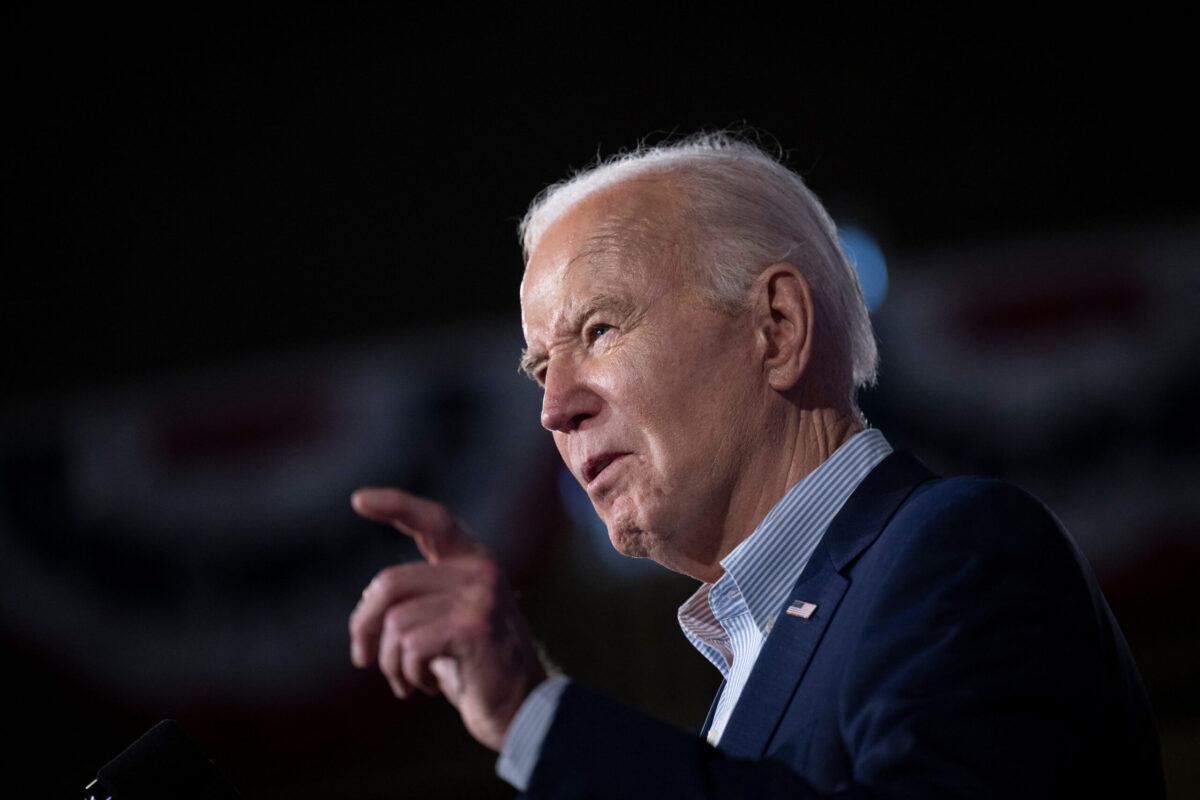Is the US prepared for another major attack after 22 years?
If 9/11 were to happen again, it would not take the same form. The United States has evolved, and so have our enemies.
When the most significant terrorist attacks on U.S. soil occurred 22 years ago, communications were grounded to a halt. Cell towers were destroyed, and so were switching equipment for landline phones. People formed long lines outside pay phone booths in New York City, hoping to connect with their loved ones.
Today, America’s infrastructure has grown robust enough to survive similar attacks as 9/11, but there are new vulnerabilities.
“Imagine what is possible if the CCP [Chinese Communist Party] hacks our grid,” House Energy and Commerce Committee Chair Cathy McMorris Rodgers (R-Wash.) asked, referring to the electricity network, during a hearing in July.
The congresswoman asked the question based on an earlier report (pdf) by the Office of the Director of National Intelligence that identified China as “almost certainly capable” of launching cyberattacks that could disrupt U.S. critical infrastructure services.
“They could shut down power to key national security facilities, like military bases; they could prevent power from getting to hospitals, cause widespread blackouts, and prevent critical energy resources from getting to the people who need them most,” Ms. Rodgers added.
The hearing happened just a week after Chinese hackers breached the email accounts of a group of senior U.S. officials, including Commerce Secretary Gina Raimondo, whose department has curbed the CCP’s access to advanced semiconductor equipment and technology—a key gateway to Chinese communist leader Xi Jinping’s ambition for global dominance—via a series of export controls.
Space Wars and Earth Wars
The attack on 9/11 was an example of unconventional warfare. Before that, the United States considered protecting from invasions outside the border, such as a bomb or nuclear missile, said Antonio Graceffo, a China analyst and an Epoch Times contributor. Instead, 9/11 revealed that lethal threats could be launched from within the country, he added.
While new defense fronts might be opening on the grounds of cyberattacks, artificial intelligence, and other means that can “cause general chaos and havoc in the United States,” he said Russia’s invasion of Ukraine showed the world the danger of conventional warfare hasn’t subsided.
“People always thought once we start having space wars, there won’t be Earth wars,” Mr. Graceffo told The Epoch Times. “Well, no, there’s going to be both of them, and we have to be prepared for both. And it’s incredibly expensive.”
Immediately after 9/11, the United States launched a “global war on terror,” or GWOT, including two wars in Afghanistan and Iraq. President Barack Obama officially retired the GWOT designation in May 2013. The Iraq war ended in October 2011, and the U.S. military completed its withdrawal from Afghanistan in August 2021.
While the United States focused on Islamic extremism, Russia recovered and China rose.
Mr. Graceffo said that the United States was “distracted” from a security perspective, adding that it has to monitor three tracks: China and Russia, Islamic extremism, and Iran and North Korea.
A China in Economic Slowdown May Turn More Dangerous
“The regimes in China and Russia are arguably terrorist regimes, though much more powerful economically, in possession of weapons of mass destruction, and with broader goals of territorial expansion that leads to global hegemony,” Anders Corr, a principal at Corr Analytics and publisher of the Journal of Political Risk, told The Epoch Times. Mr. Corr is also an Epoch Times contributor.
It’s a common concern that, with China’s economic slowdown, the CCP may resort to global geopolitical aggression to divert a domestic crisis and substitute prosperity as the legitimacy of its ruling with nationalism.
Foreign direct investment inflow is at a 26-year low at $4.9 billion in this year’s second quarter versus the all-time high of $334 billion in 2021. The CCP’s raid of American due diligence firms doesn’t help. In addition, a new Chinese anti-espionage law has alerted multinationals, leading to some companies, including Sequoia Capital, separating their China operations.
Since April, China has delivered lower-than-expected economic data consistently, and the CCP stopped reporting the youth unemployment rate in August.
Mr. Xi has called for “patience from a historical perspective” from the Chinese population. CCP officials urge China’s youth, experiencing over 20 percent unemployment rate based on the last reported data, to “seek out suffering” or temper themselves through hardships. Such requests may not sit well with Chinese households.
China’s problem with the debt-fueled property sector and local governments has existed for at least a decade.
" Conservative News Daily does not always share or support the views and opinions expressed here; they are just those of the writer."





